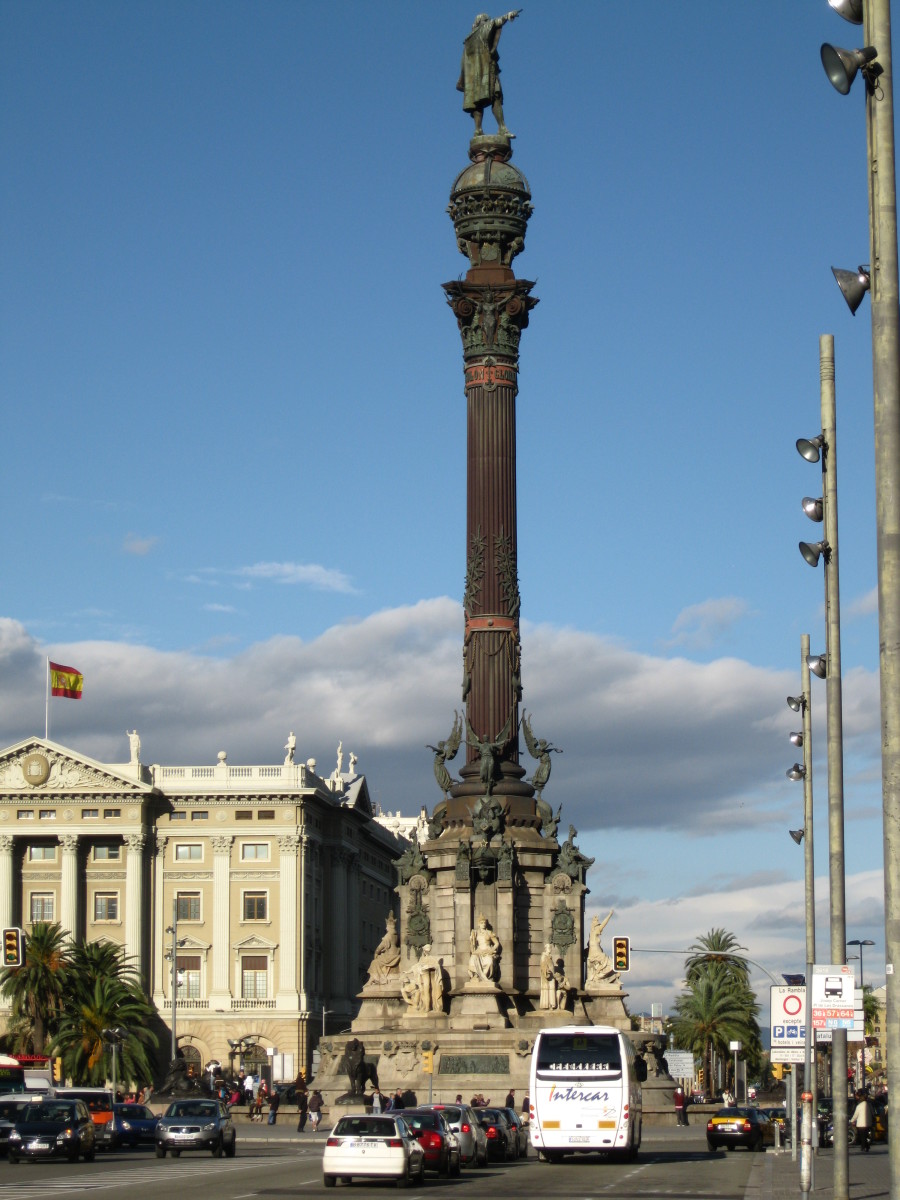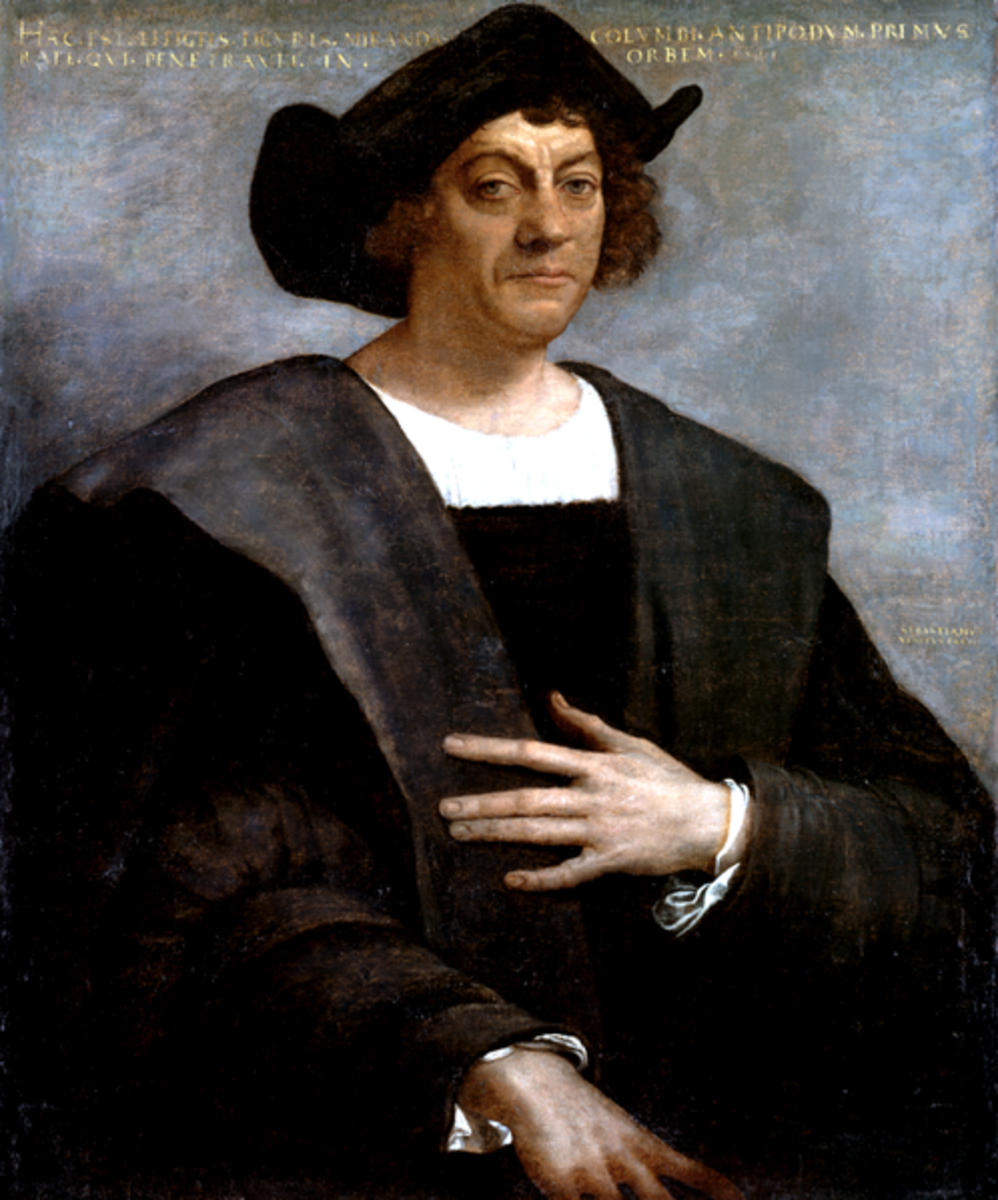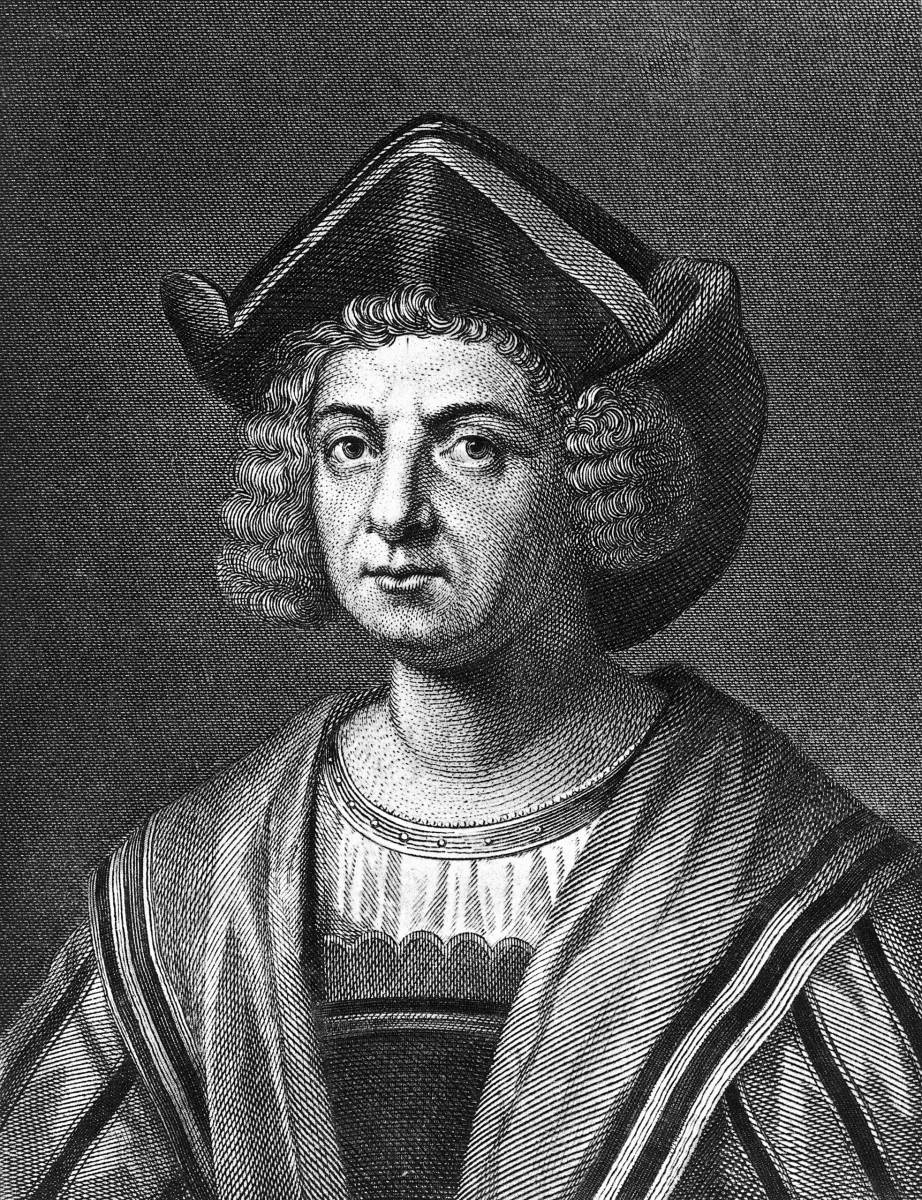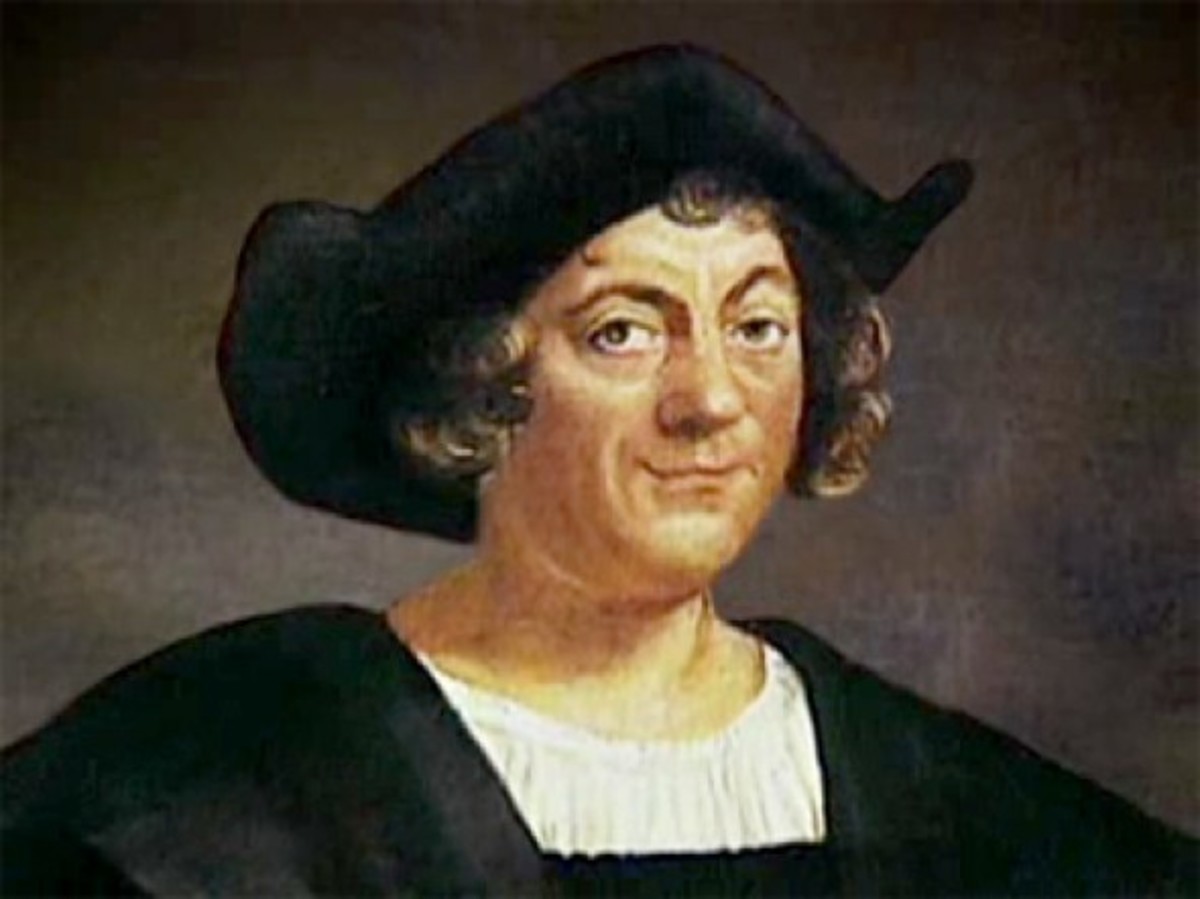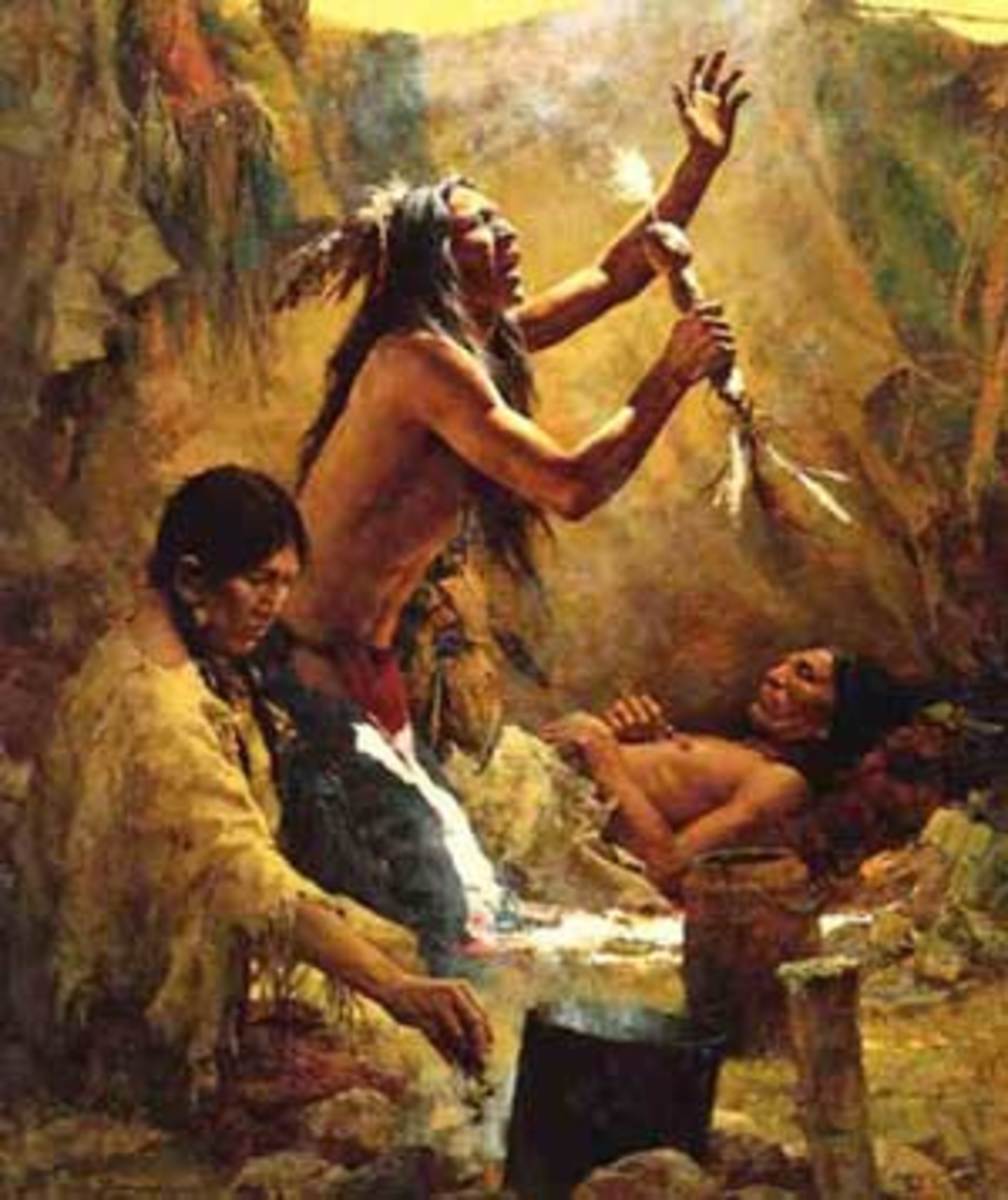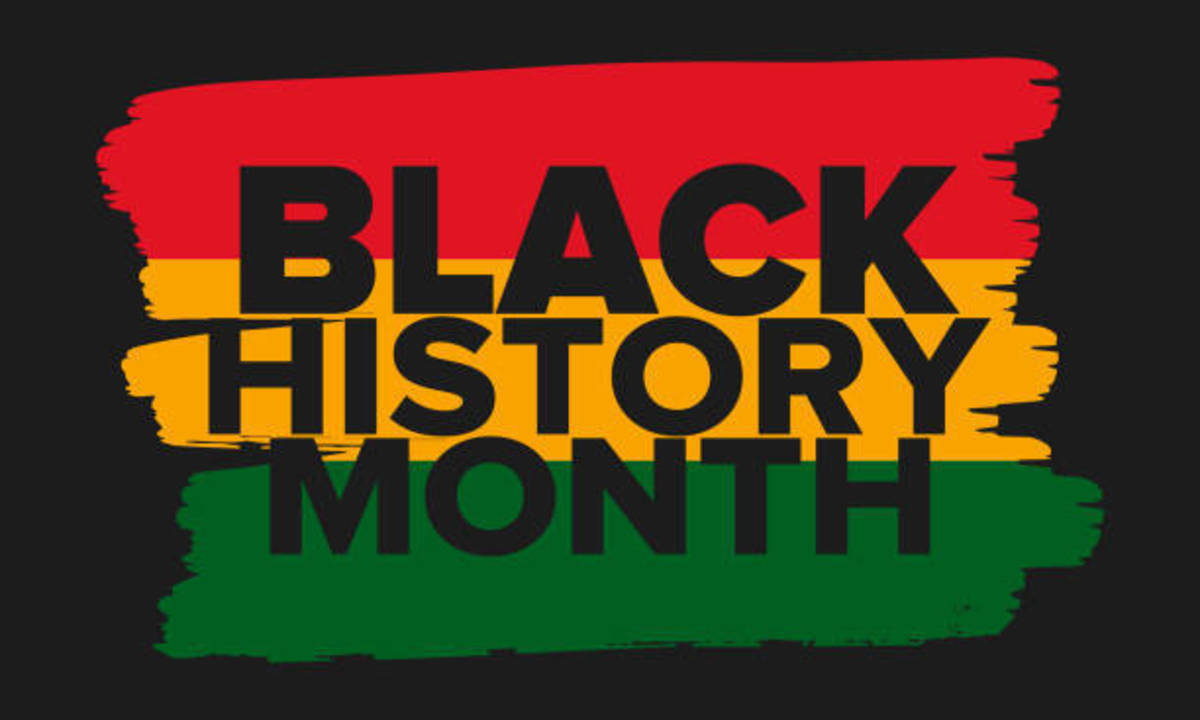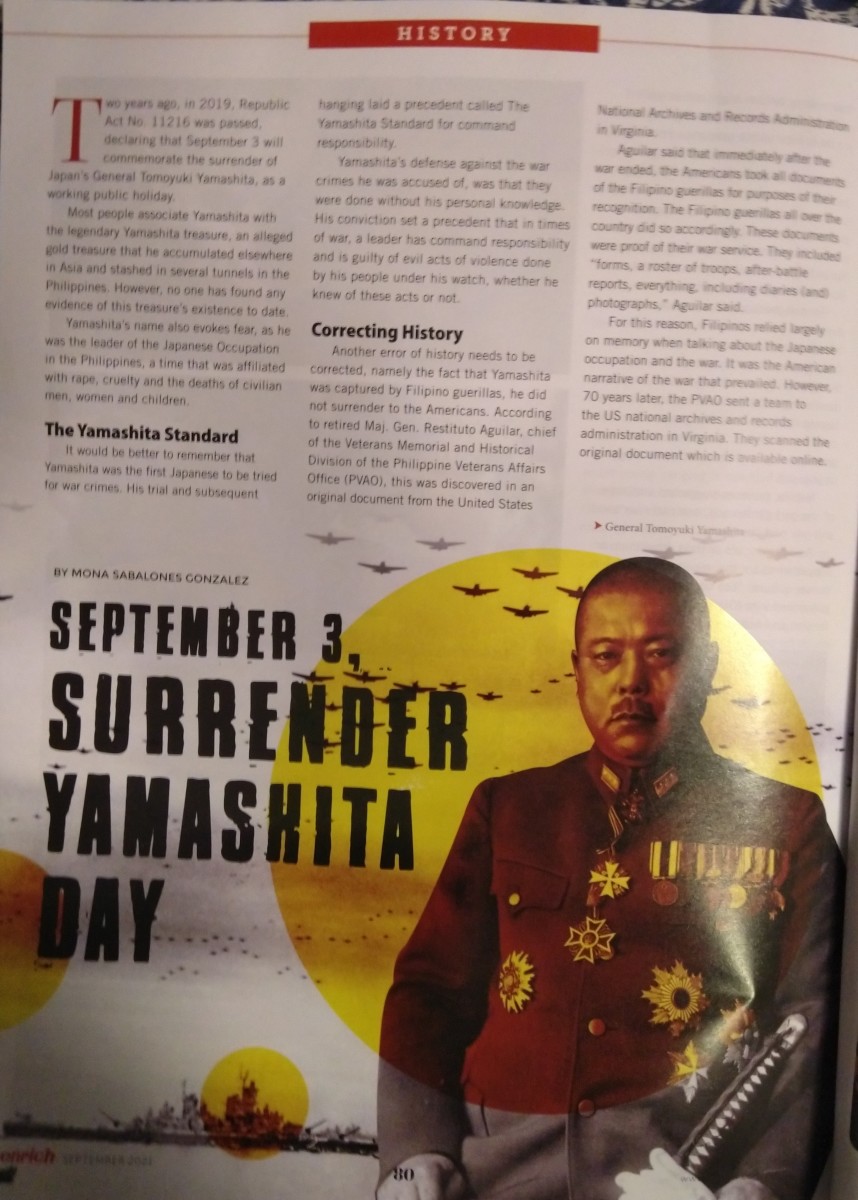The Controversy of Columbus Day
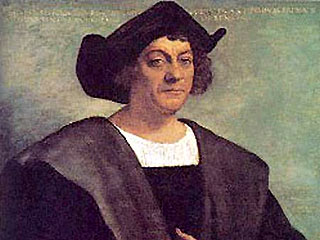
Christopher Columbus: The Controversy
The second Monday of October is celebrated in the United States as Columbus Day. The holiday was officially proclaimed by Richard Nixon in the 1970s to honor the man who sailed the ocean blue in search on a new world. The new world found by Christopher Columbus was of course the Americas and his finding led to the European development and settling of the countries that now make up North and South America.
But many do not believe that Christopher Columbus is worthy of honor. Many argue that he was man who enslaved the inhabitants of the new world he found and started a legacy of oppression and hardship that still can found today. This is the controversy of Columbus Day.
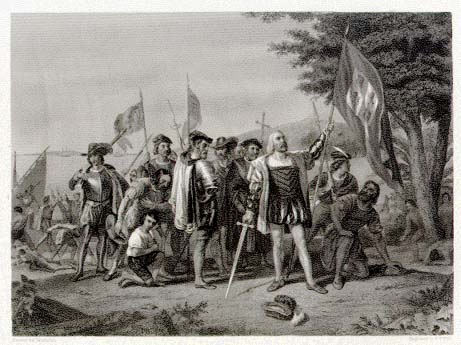
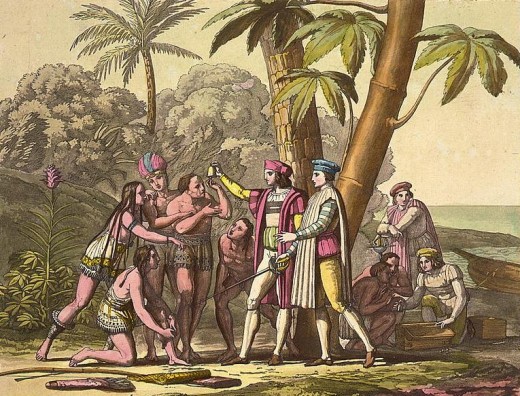
Historical Background
Christopher Columbus was born in 1451 and was a navigator, colonizer and explorer who are best remembered as the man who found the Americas while looking for an alternative trade routes to India and China. In 1492 he defied contemporaneous thinking about the world and sailed west from Spain across the Atlantic Ocean. His discovery and subsequent three voyages began European settlement of the Americas.
It is what Columbus did while trying to establish permanent settlements in the new world that leads to the controversies surrounding an official day of remembrance in Columbus’ name. Upon arriving in the new world, Columbus made contact with the inhabitants of the lands he discovered. Because he believed he was in India, he named the inhabitants Indians.
And upon meeting these Indians, Columbus enslaved them and believing that they were savage forced them to convert to Christianity. He did this in pursuit of fame and fortune. These facts are not in dispute. However, even more, Columbus represents to beginning of European colonization of the Americas that brought unfettered slavery, disease and destruction of the Native cultures.
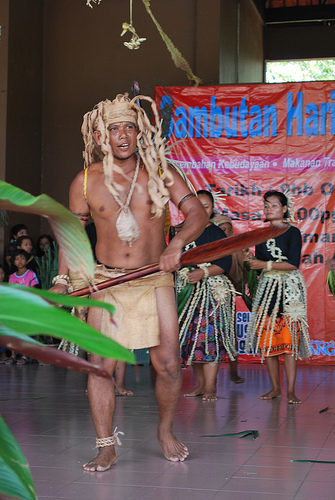
Indigenous People’s Day
Groups who oppose an official holiday honoring Columbus use Columbus Day to protest but also use it to raise awareness to issues important to the plight of Native Americans today. With this purpose in mind, in 1977 a new idea was born at a conference on discrimination against indigenous peoples of the Americas held by the United Nations. The idea was to promote an alternative day of remembrance to be held on the day designated Columbus Day. The day became known as Indigenous Peoples Day. The stand officially is designated as a day to stand in “solidarity with Indigenous People.” The City of Berkeley, California has officially declared an Indigenous People’s day. The day is used to celebrate Native culture and raise awareness to the problems faced by Native Americans today.
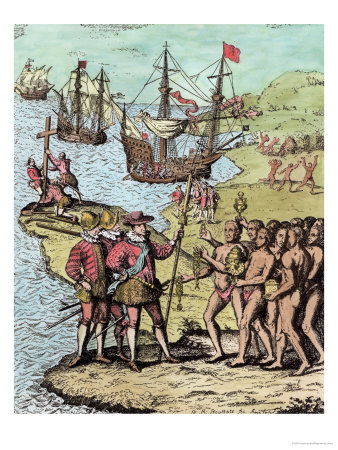
Is There A Middle Ground?
There is no doubt that Christopher Columbus has a mixed past. He did much to destroy to the culture and lives of Native Americans all across the Americas, but he also changed the world with his discovery of the new world. And many would argue that the world was changed for the better with the settlement of the new world and the freedoms this new world granted to millions centuries later. Both sides have valid arguments. So why both sides of the argument can’t be celebrated and remembered? Columbus Day should be used to honor a man who changed the world but to also remember that not all the changes were positive.
Related Articles
- Was Christopher Columbus Really the First to Discover America?
Who really did discover America? - The Origins Of Columbus Day In The United States
In 1492, Columbus sailed the ocean blue is a common rhyme spoken by schoolchildren in the United States in early October. The reason is simple; October 12 marks the date of Christophers Columbus... - Indigenous People's Day in the US
October 12 is generally recognized as the day that Americans and those in the new world celebrate Christopher Columbuss landing and discovery of the Americas. For many, this day marks the beginning...


